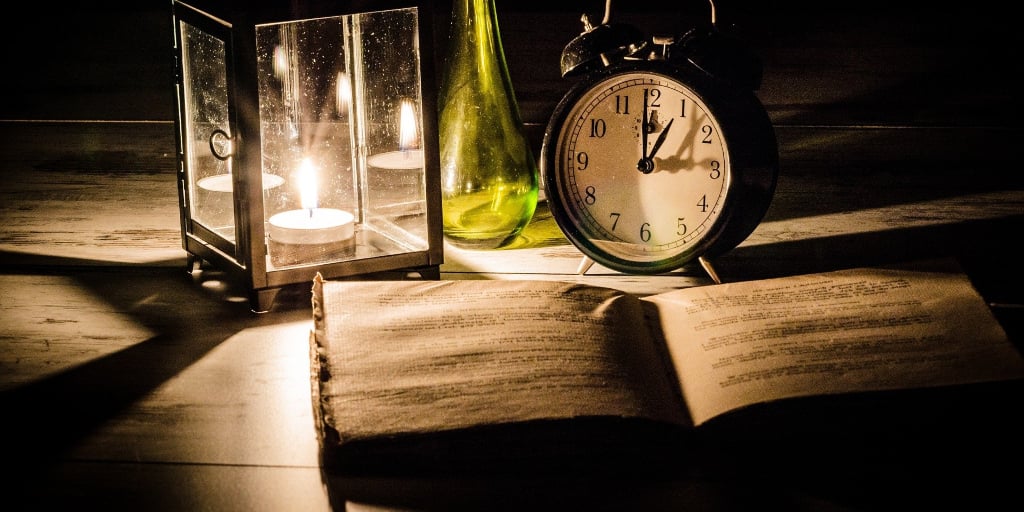
Rebecca Martin shares five novels to help you think about death (the right way).
“In Bhutanese culture, one is expected to think about death five times a day.” Years ago, I encountered a BBC article that presented a strange dichotomy to the Western imagination: the inhabitants of Bhutan, who frequently think about death, are some of the happiest people on the planet. I’ve thought about that article several times over the past few years, particularly when I run across Sr. Theresa Aletheia and other encouragements towards the Catholic practice of memento mori.
Every Ash Wednesday, we are reminded to “Remember that you are dust, and to dust you shall return.” Why does the Church give us this stark reminder of mortality? Because thinking about death, remembering the fragile, finite borders of our lives, keeps us focused on the present moment and God’s will for us right now. We don’t know what’s coming around the bend, and to keep death always before us reminds us of what really matters, and ultimately we end up happier people.
But let’s face it, contemplating death isn’t an easy prospect. Sometimes I feel as if my mind has a Teflon-coated barrier up, and thoughts of death oh-so-easily slide away in favor of lighter topics. How do we think about death in a way that isn’t a morbid obsession or a darkly passive acceptance? How can we encounter our mortal end in a productive way?
That’s where novels come in. Fiction brings us face to face with new experiences and ideas, and a good novel can fill in the gaps of our personal limitations. These five I’ve listed only scratch the surface of good #mementomori books -- share your favorites in the comments!
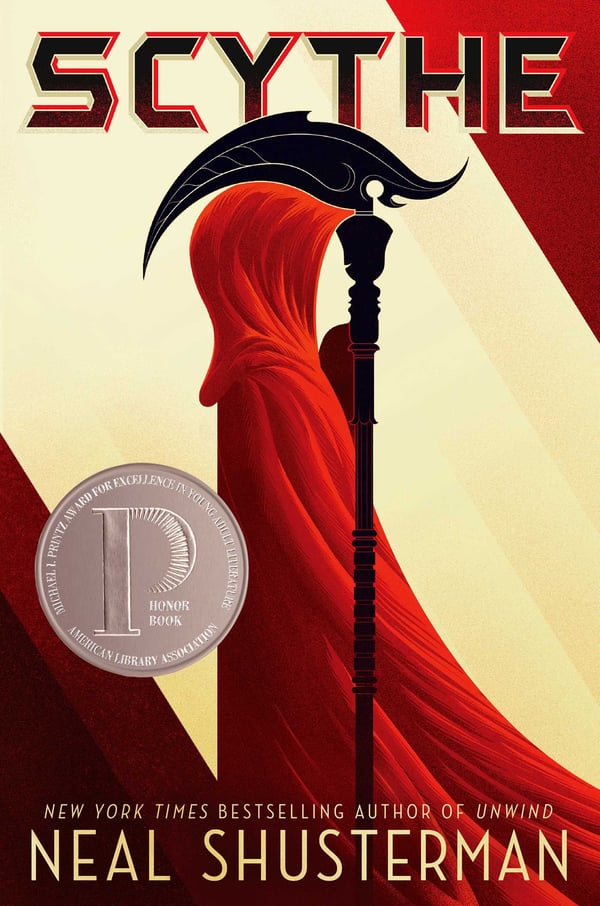
Scythe, by Neal Schusterman
Encounter a world without natural death: a world where, thanks to medical technology and a benevolent AI, life can go on nearly forever. But a small contingent of specially-trained humans, called scythes, have been given -- with restrictions - the power to permanently “glean” a small portion of humanity. One of the most powerful themes of Scythe is what happens to civilization when death (and the hope of supernatural life) is no longer a given ... and what happens to a person when dealing out death is an honored vocation.
Schusterman raises more questions than he answers, and some of his conclusions don’t fit with a Catholic worldview, but there’s food for deep thought here. (The second book of the series, Thunderhead, is also great, but ends on a horrible cliffhanger; the third book, The Toll, is sub-par. Be warned of a somewhat stilted prose style across the series, as well; Scythe isn’t the best-written book on the planet, but the plot is too fascinating not to recommend.)
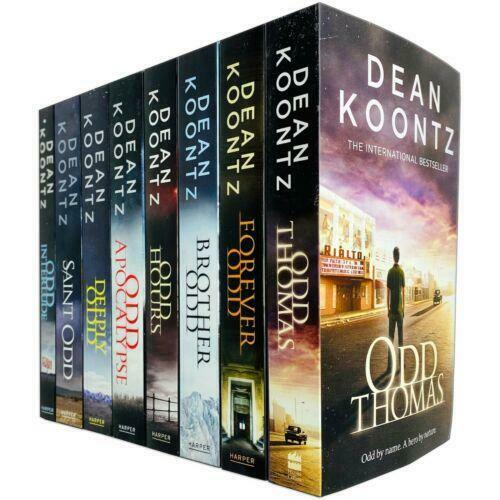
Odd Thomas, series by Dean Koontz
Dean Koontz is not for the more sensitive reader, but in most of his more recent books, his incredible Catholic imagination is on full display and his writing ability is nearly unparalleled. His good characters are very very good, his bad characters are very very bad, and always there is an understanding of the supernatural battle between good and evil. Odd Thomas, a humble fry cook, can see the dead, when they need something; he can also see “bodachs,” spirit-creatures who are harbingers of violent death. Thomas’s gifts mean he has been tasked with a larger mission: saving people, as many and as often as he can, from deadly evil.
One of the primary themes here is human dignity, which when coupled with a deep understanding of the reality of death and the immortal soul, makes for a beautiful, if dark, read. Don’t pick this one up if you have a particularly graphic imagination or are prone to nightmares after scary books and movies.
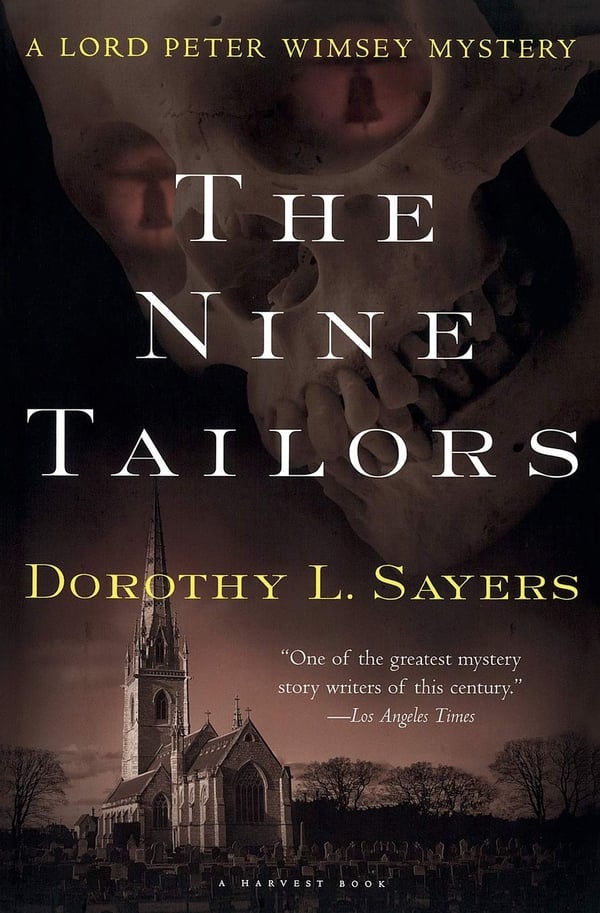
The Nine Tailors, by Dorothy Sayers (and other murder mysteries)
Any good murder mystery brings the reader as well as the characters into a conversation about death. Perhaps that's one reason why crime novels are so popular. We can flirt with the very thing we fear, watching characters abruptly encounter death, then react, grieve, investigate, while we stand another layer removed. The Nine Tailors is a particularly thoughtful exploration of a murder mystery and the humans and motivations involved. For a different style of mystery with equal craft and impact, read the Amos Decker series by David Baldacci.
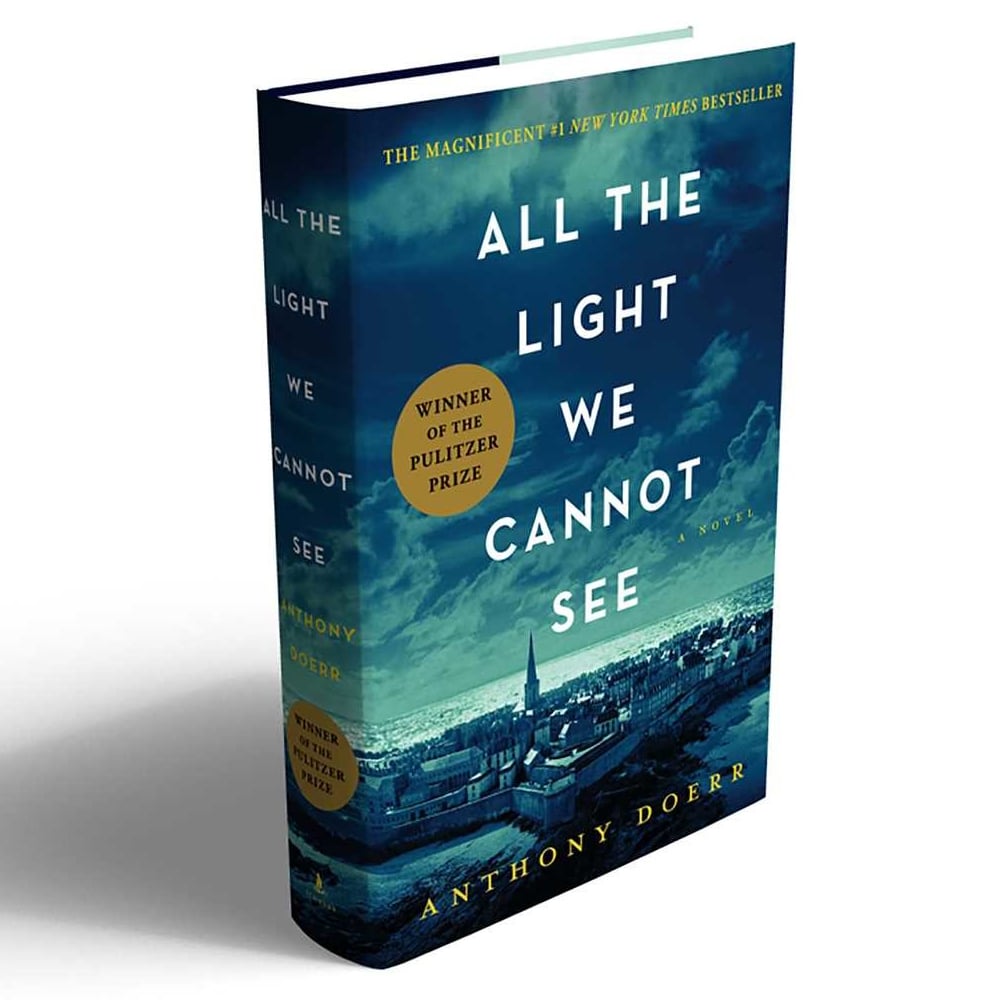
All the Light We Cannot See, Anthony Doerr
Death and war go hand in hand. Doerr’s Pulitzer-winning novel brings a blind French girl and a German boy together after and throughout horrific experiences of World War II. In most of our lives, death is something that happens on the peripheries; slowly, over the course of our lives, our near and dear ones die. But that’s a very different experience to being confronted with abrupt and frequent death in the midst of war. Can innocence be preserved within that sphere? When the worst happens, what can give one the desire to live? More questions asked and answered in a book that’s jarring at times but surprisingly beautiful.
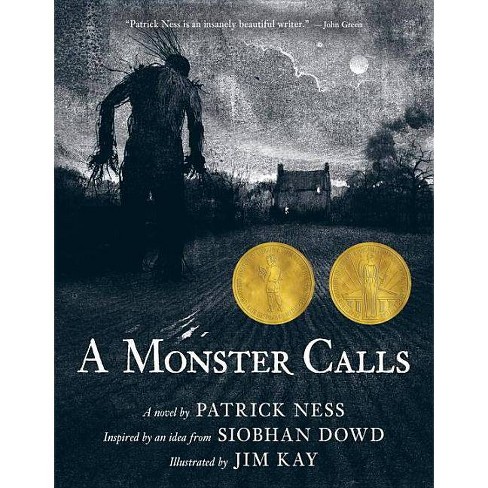
A Monster Calls, Patrick Ness
On my first read, it took me most of the way through this book to realize that this whole story is about a young boy coming to terms with his mother’s fatal illness. It’s written for middle-grade, but I honestly enjoyed it as an adult, and it could be a good tool for parents to help talk to their children about death. It also zeros in on something that often scares us more than death itself: grief.
As Christians, living memento mori means we’re called not only to have a balanced outlook about our own deaths, but also to treat the death of our loved ones with hope and faith in the Lord. In the words of Saint Paul, “For just as in Adam all die, so too in Christ shall all be brought to life” (1 Corinthians 15:22).
Bonus: There’s actually a novel titled Memento Mori by Scottish Catholic convert Muriel Spark. Have you read it? (I haven’t, but I might go check it out on Libby now.)
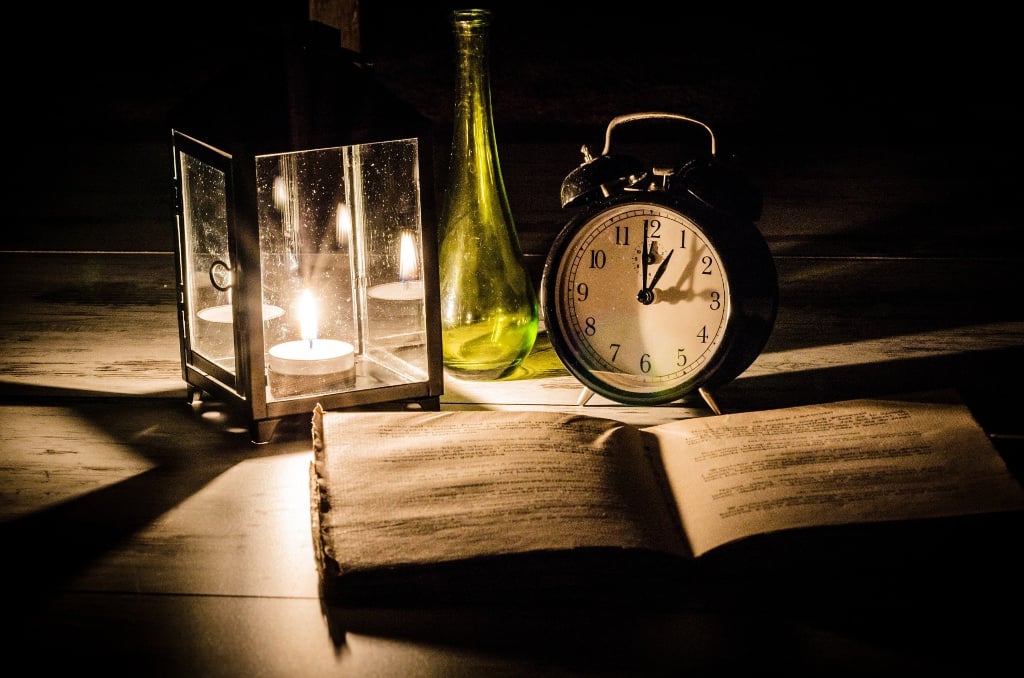
Copyright 2021 Rebecca W. Martin
Image: Pixabay (2016)
About the Author

Rebecca W. Martin
Rebecca W. Martin, a trade book Acquisitions Editor for Our Sunday Visitor and Assistant Editor at Chrism Press, lives in Michigan with her husband and too many cats. A perpetually professed Lay Dominican, Rebecca serves as editor for Veritas, a quarterly Lay Dominican publication. Her children’s book Meet Sister Mary Margaret will release in fall 2023 from OSV Kids.


.png?width=1806&height=731&name=CatholicMom_hcfm_logo1_pos_871c_2728c%20(002).png)
Comments